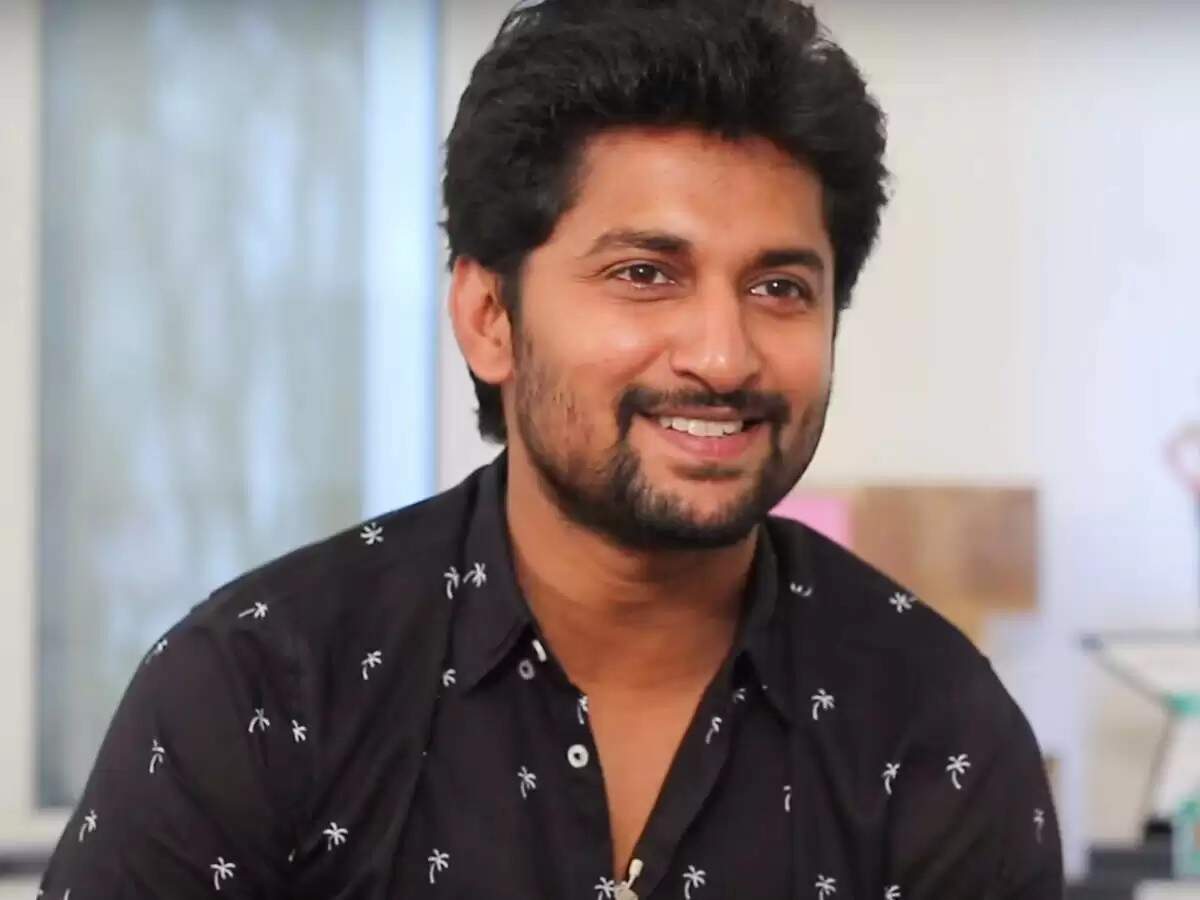

Watch him pause and laugh at himself when he realizes Keerthy rhymes with Poorthi. Or even simply when he cracks a bad joke and laughs like a friend who enjoyed a bad pun. The awkward body language almost as if he’s been caught on camera stealing laddoos while eating during a wedding or the way he exclaims dialogues as if every minor inconvenience makes him a victim of fate.

Is he sort of the fun assistant director he played in Majnu or the playboy in Krishnarjuna Yuddham ? It looks like Nani wants to move away from Nani-isms that define his style of comedy (which I’m a big fan of). No struggle for this “upcoming” director.Įven Nani never sets the character in a consistent tone. Maybe he does that because he knows things are going to be so easy for him. Vasudev calls himself a film director without having directed a film. How many shots of typewriters or a character typing or a functional film set can we cram before we get bored of seeing the writer write or the creator struggle to create? How interesting an end goal is “I want to make a film” and to what length can we stretch it when he convinces an actress for his short film easily, her father too quickly, the producer too simply, and even the audience rush to take selfies with him.
Usually, stories about storytellers tend to be tales of self-aggrandizement and glorify writers and story-telling but cinematically it’s hard to make writing or filmmaking look interesting on screen. The film struggles with Vasudev to the point it seems disinterested in him.

The second story is that of Shyam Singha Roy, a fictional social reformer and prolific half Bengali and half Telugu writer and his love story with the written word and a Devadasi dancer he names “Rosie”. First is that of Vasudev Ghanta an “upcoming” filmmaker who is embroiled in a plagiarism controversy as his work resembles the works of a Bengali social reformer from the 70s. Shyam Singha Roy exists somewhere in between both these films but it struggles to give its present-day story any weight. So, the contrast made it as much the story of the present-day youngsters with a mission for revenge as it was of the revolutionary men they portrayed. Similarly, in Rang De Basanati (I know it’s not a reincarnation drama but loosely in its spirit it could function as one), the vagrant aimless youth of the present were in direct contrast with the revolutionary and driven real life heroes they portrayed in the documentary.


 0 kommentar(er)
0 kommentar(er)
